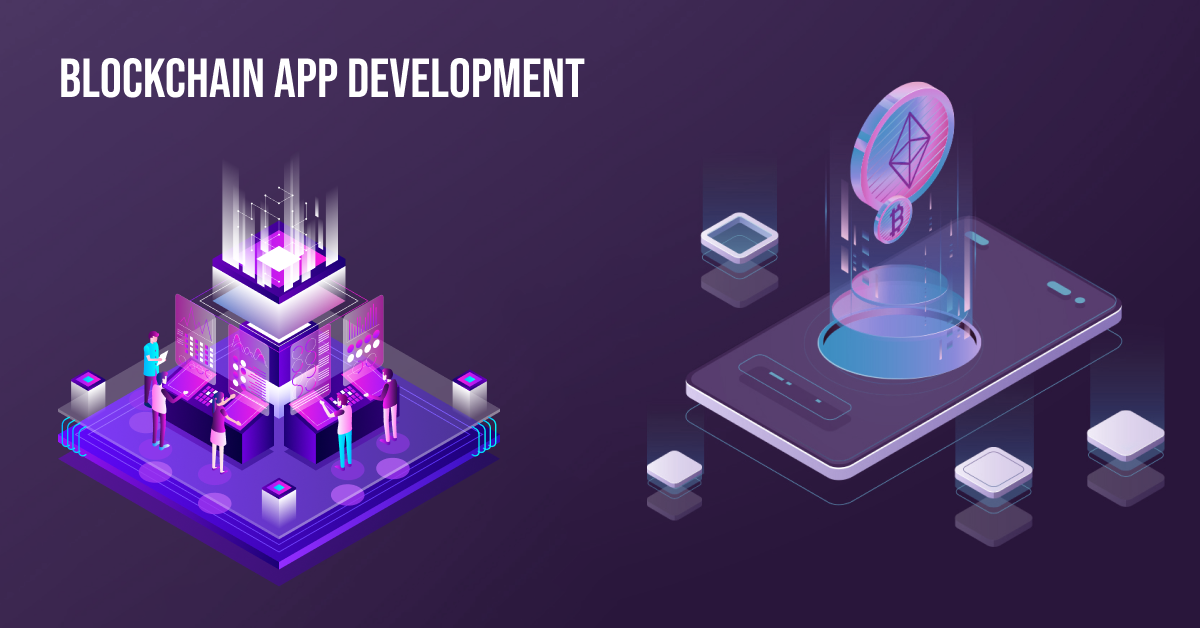
Blockchain App Development: Shaping the Future of Mobile Technology
-
By Paramjit Singh
-
21st September 2023
In the rapidly evolving landscape of technology, blockchain has emerged as a revolutionary force. Its impact is not limited to the financial sector; rather, it extends to various industries, including mobile technology. Blockchain app development is poised to reshape the future of mobile technology, ushering in a new era of security, transparency, and efficiency. In this article, we will explore the significant role that blockchain plays in mobile app development and its implications for the future.
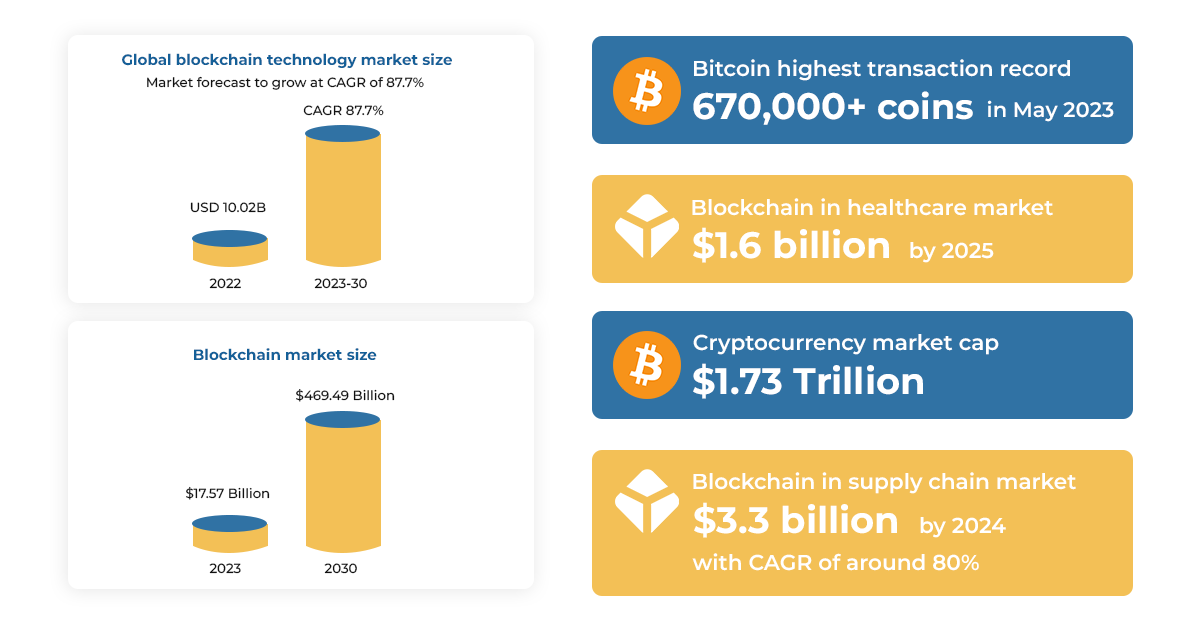
What Is Blockchain?
Blockchain is a decentralized and distributed ledger technology that records transactions across multiple computers. These transactions are grouped into blocks, forming a chain. Each block contains a cryptographic hash of the previous block, ensuring the integrity of the entire chain.
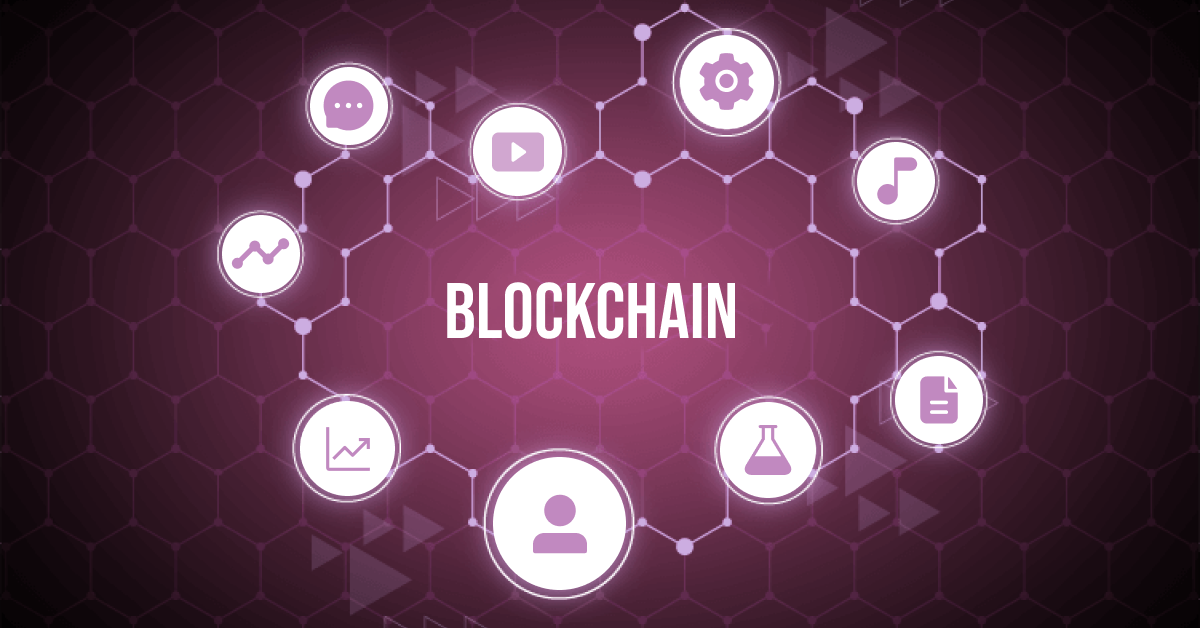
There are three types of blockchain. These are:
- Public blockchain:
Consider the public blockchain as an open-source technology that can be accessed by any individual. For instance, Bitcoin, Ethereum, and Dogecoin are examples of public blockchain since any individual can use them to make transactions.
- Private blockchain:
A private blockchain is a type of blockchain that cannot be accessed by everyone. Only the users with granted permissions can access the data.
- Consortium or federated blockchain:
Only a preselected group of stakeholders can control the mining process.
Why blockchain is relevant in mobile app development?
According to a recent report by Cybersecurity Ventures, cybercrime costs will hit $10.5 trillion by 2025 across the globe. Mobile apps are no exception to these malicious attacks. Over 24,000 malicious mobile apps are blocked every day (Tech Jury).
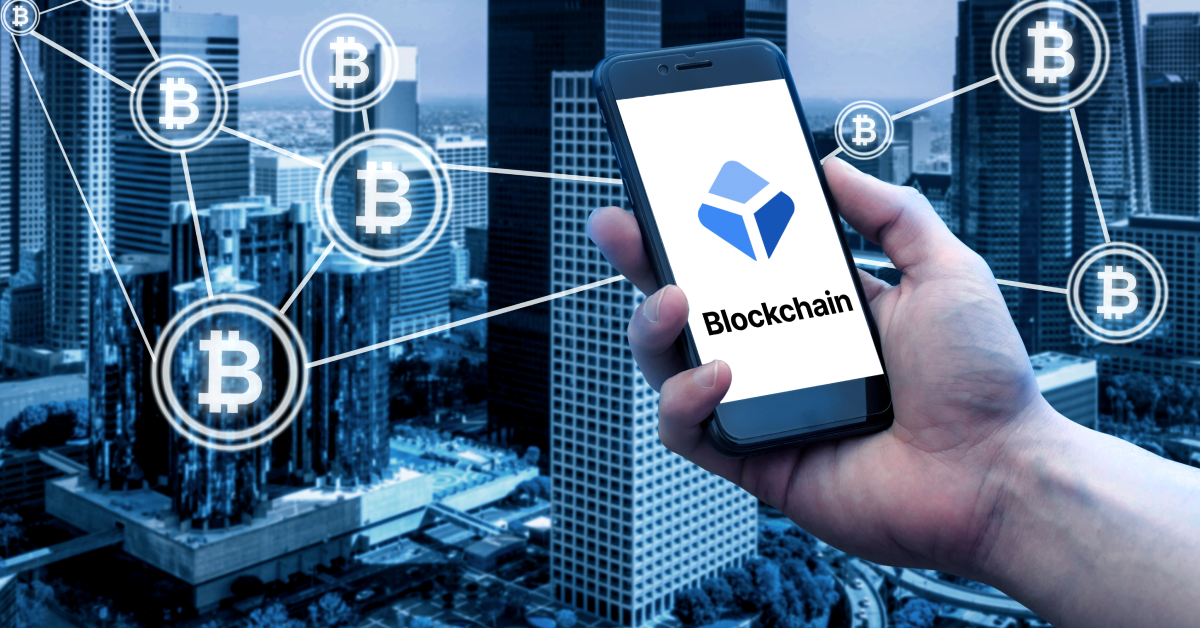
The above statistics explain the grim need for the intervention of blockchain technology in mobile app development. The relevancy of blockchain in mobile app development is because of its following features:
1. Enhanced Security: Security is paramount in the world of mobile app development. Blockchain’s decentralized and cryptographic nature provides a highly secure environment for storing and managing user data. Traditional centralized databases are vulnerable to hacking and data breaches, but blockchain’s architecture makes it exceptionally resistant to unauthorized access and tampering. This added layer of security helps protect user information, fostering trust among app users.
2. Immutable Data: In blockchain, once data is recorded, it becomes virtually immutable. This means that once a piece of information is added to the blockchain, it cannot be altered or deleted without the consensus of the network. In mobile app development, this feature ensures data integrity, reducing the risk of data manipulation and fraud. Users can have confidence that the information they interact with within the app is accurate and unaltered.
3. Transparency and Trust: Blockchain’s transparent ledger system allows users to verify transactions and data independently. This transparency builds trust, especially in applications where financial transactions or sensitive information are involved. Mobile apps utilizing blockchain can provide users with real-time access to transaction histories, enhancing transparency and accountability.
4. Smart Contracts: Smart contracts are self-executing agreements with predefined rules and conditions. They automate processes and transactions, reducing the need for intermediaries, such as banks or legal entities. In mobile app development, smart contracts can streamline various operations, such as payment processing, identity verification, and supply chain management. This automation not only saves time but also reduces the potential for errors and disputes.
5. Decentralization: Traditional mobile apps rely on centralized servers, making them vulnerable to server outages and downtime. Blockchain-based apps, on the other hand, operate on decentralized networks, distributing data and processing across multiple nodes. This decentralization minimizes the risk of app downtime and ensures continuous availability, even in the face of network disruptions.
Blockchain Software Development Platforms
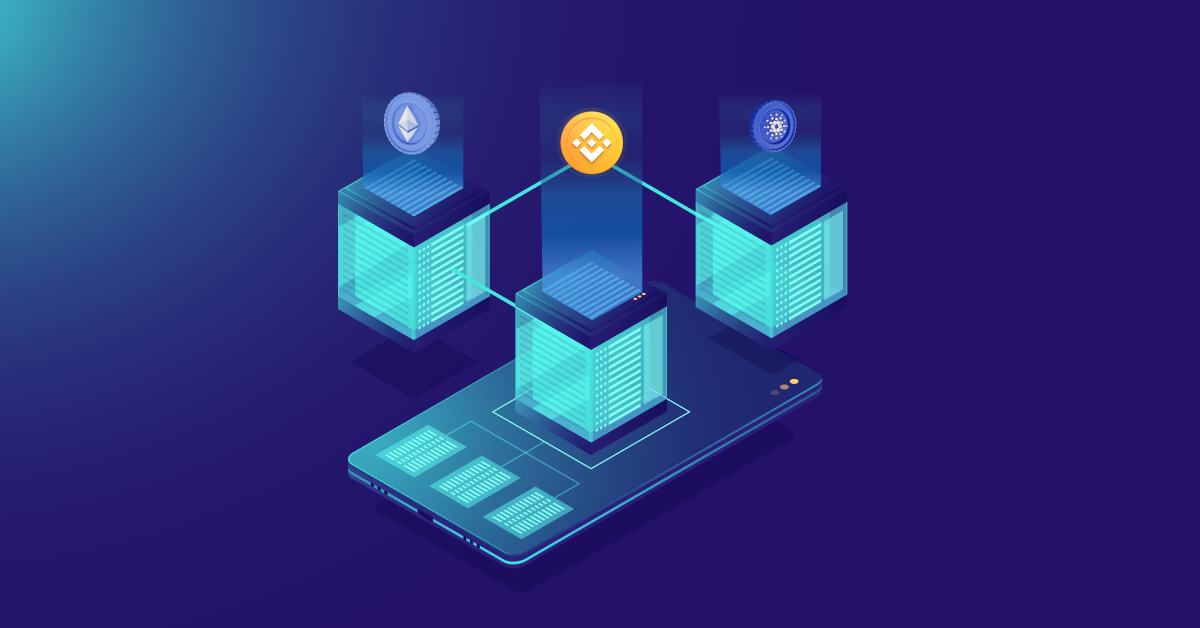
Blockchain software development platforms are the foundations upon which dApps are built. They provide developers with the necessary tools, frameworks, and infrastructure to create and deploy blockchain-based applications. These platforms enable the execution of smart contracts, which are self-executing contracts with the terms of the agreement directly written into code.
Here, we’ll explore some of the most popular blockchain software development platforms, each with its own unique features and capabilities:
1. Ethereum
Ethereum is often considered the pioneer and leader in the blockchain software development space. It introduced the concept of smart contracts, self-executing agreements with code-based rules. Ethereum’s programming language, Solidity, is widely used for writing smart contracts. The Ethereum platform has a large and active developer community, making it a preferred choice for dApp development.
Key Features:
=> Smart Contracts: Ethereum’s primary feature, enabling programmable and automated agreements.
=> Decentralization: Ethereum operates on a decentralized network of nodes, ensuring security and censorship resistance.
=> Interoperability: Ethereum has inspired the development of many other blockchain projects and tokens, fostering interoperability.
2. Binance Smart Chain
Binance Smart Chain (BSC) is known for its compatibility with the Ethereum Virtual Machine (EVM). This compatibility allows developers to easily port Ethereum-based dApps to BSC, taking advantage of its high-speed and low-cost transactions. BSC is integrated into the Binance ecosystem, providing seamless access to various services.
Key Features:
=> Compatibility: BSC is EVM-compatible, simplifying the migration of dApps from Ethereum.
=> High Throughput: BSC offers fast transaction processing and lower fees, making it suitable for various applications.
=> Binance Ecosystem: Access to Binance’s extensive ecosystem of services and products.
3. Cardano
Cardano is renowned for its focus on sustainability, scalability, and rigorous academic research. It places a strong emphasis on formal methods and peer-reviewed research to ensure the security and reliability of its platform. Cardano uses the Haskell programming language for smart contract development.
Key Features:
=> Formal Verification: Cardano employs formal methods to mathematically verify the correctness of smart contracts.
=> Sustainability: Cardano’s unique treasury system funds ongoing development and improvements.
=> Layered Architecture: Cardano uses a layered architecture to enhance scalability and flexibility.
Factors to Consider for Blockchain App Development
When embarking on blockchain app development, there are several critical factors to consider to ensure the success and effectiveness of your project. These factors encompass technical, strategic, and practical aspects of the development process. Here are the key factors to keep in mind:
1. Platform Selection
Choosing the right blockchain platform is paramount. Different platforms have varying features, consensus mechanisms, and programming languages. Consider factors such as scalability, security, and community support when selecting a platform like Ethereum, Binance Smart Chain, or Cardano.
2. Use Case and Objectives
Clearly define the purpose of your blockchain app. Understand whether it’s for financial transactions, supply chain management, identity verification, or other applications. Setting specific objectives will guide your development efforts.
3. Scalability
Scalability is a crucial factor, especially if you anticipate high transaction volumes. Ensure that your chosen blockchain platform can handle the expected traffic and has solutions for scalability challenges.
4. Smart Contracts
If your app requires smart contracts, choose a platform that supports them. Understanding the logic and functions of your smart contracts is essential for proper development.
5. Security
Security is of utmost importance in blockchain development. Implement robust security measures to protect against vulnerabilities, hacks, and unauthorized access. Consider using established security protocols and conducting thorough audits.
Languages for Blockchain Mobile App Development
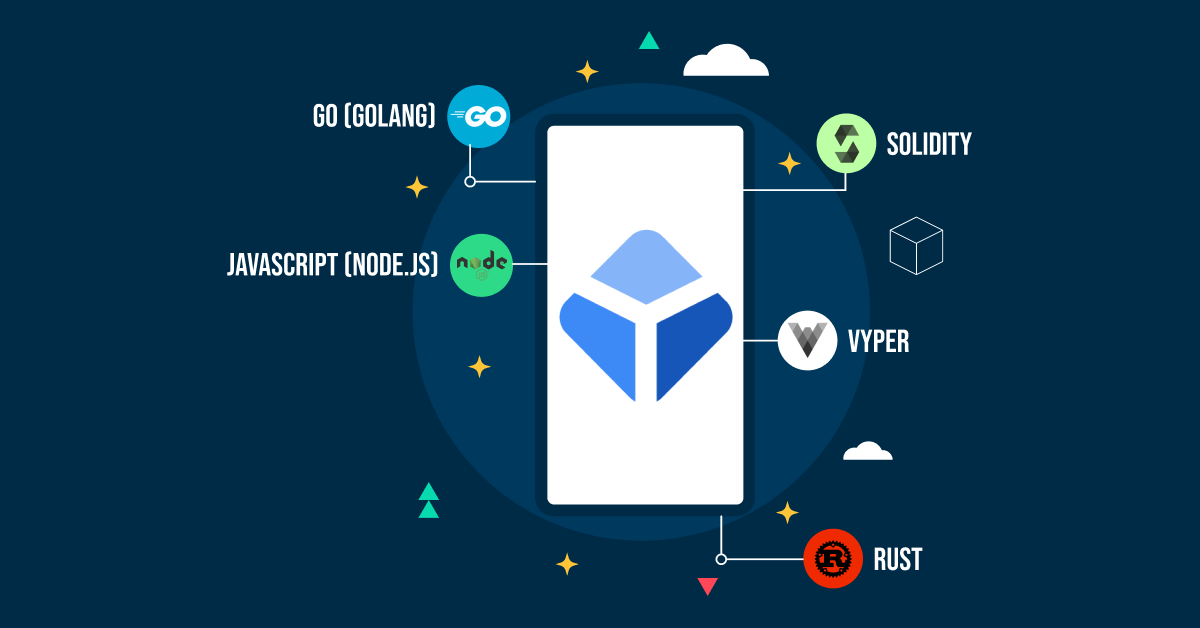
Blockchain development requires a deep understanding of various programming languages, depending on the specific blockchain platform and the components you’re working on. Here are some of the best languages commonly used in blockchain development:
1. Solidity:
Solidity is a high-level programming language specifically designed for developing smart contracts on the Ethereum blockchain. It was created to make it easier for developers to write secure and efficient code for decentralized applications (dApps). Solidity’s syntax is similar to JavaScript and Python, making it accessible to a wide range of developers.
One of the key features of Solidity is its focus on security. It includes built-in functions for common security patterns and offers tools for automated testing and code analysis to identify vulnerabilities. This is crucial because smart contracts, once deployed, cannot be altered, so ensuring their security during development is paramount.
Solidity also supports object-oriented programming, enabling developers to create complex, modular smart contracts. It has a large and active developer community, extensive documentation, and a wide range of resources, making it one of the most popular choices for Ethereum-based dApp development.
2. Vyper:
Vyper is another programming language designed for Ethereum smart contract development. It was created as an alternative to Solidity, with a primary focus on simplicity and security. Vyper’s syntax is intentionally designed to be less complex than Solidity, making it easier to read and audit.
Vyper achieves its simplicity by avoiding features that are present in Solidity but could potentially introduce security risks or ambiguities. This approach aligns with the Ethereum community’s commitment to security and safety in smart contract development.
While Vyper offers readability and security benefits, it may not be as feature-rich or versatile as Solidity. Developers often choose Vyper when they prioritize code simplicity and clarity, especially in situations where security is of utmost importance.
3. Rust:
Rust is a systems programming language known for its emphasis on safety, performance, and concurrency. It has gained popularity in the blockchain space due to these attributes, making it a preferred choice for developing blockchain platforms and components.
Rust’s safety features, such as ownership and borrowing, help prevent common programming errors like null pointer dereferences and data races. This level of safety is crucial in blockchain development, where security and reliability are paramount.
Moreover, Rust’s performance is exceptional, making it suitable for building blockchain nodes and components that require high throughput and efficiency. Blockchain projects like Solana and Polkadot have adopted Rust for their development, benefiting from its speed and safety. Additionally, Rust’s support for concurrent programming enables blockchain platforms to process multiple transactions simultaneously, enhancing scalability.
4. JavaScript (Node.js):
JavaScript is a widely used programming language for web development. In the context of blockchain, JavaScript is often used with Node.js, a server-side runtime environment, to interact with blockchain networks and build the front-end and back-end of decentralized applications (dApps).
JavaScript is a crucial language for building the user interfaces of dApps. Libraries like Web3.js and ethers.js provide interfaces to connect with Ethereum and other blockchain networks, allowing developers to create interactive and user-friendly interfaces for blockchain applications.
Node.js is employed for server-side scripting in blockchain-related applications. It enables developers to build server-side logic, handle API requests, and manage database interactions for dApps. Its non-blocking, event-driven architecture is well-suited for handling real-time data in blockchain applications.
5. Go (Golang):
Go, often referred to as Golang, is a statically typed, compiled programming language created by Google. It has gained popularity in the blockchain space due to its simplicity, efficiency, and strong support for concurrency.
Go is known for its efficient memory management and minimal runtime overhead, making it a suitable choice for building blockchain nodes and infrastructure components. It allows for high-performance blockchain networks. It is also clean and straightforward, making it easy to read and write code. This simplicity contributes to the language’s popularity, as it reduces the likelihood of errors and aids in code maintenance.
Blockchain App Development: How much time does it require?
The time required for blockchain app development can vary significantly based on several factors. These factors include the complexity of the app, the blockchain platform chosen, the testing & security of the project, and the specific features and functionalities you want to implement. Here’s a breakdown of the key considerations:
- Project Scope and Complexity: The more complex the blockchain app, the longer it will take to develop. Simple applications, like a basic token or a simple smart contract, may take a few weeks, while more complex projects, such as decentralized exchanges or supply chain management systems, can take several months or even years.
- Blockchain Platform: The choice of a blockchain platform can impact development time. Platforms like Ethereum and Binance Smart Chain have mature ecosystems and developer tools, which can expedite development. However, if you opt for a less established or custom blockchain solution, development may take longer due to the need to build more components from scratch.
- Features and Functionalities: The features and functionalities you want to implement in your blockchain app will impact the development timeline. Complex features, integrations with external systems, and advanced smart contracts can extend development time.
- Testing and Security: Blockchain apps require thorough testing and security audits to ensure they function correctly and are secure. This phase can add a substantial amount of time to the development process, but it is crucial to avoid vulnerabilities and issues.
The future of blockchain in mobile app development
The future of blockchain in mobile app development promises enhanced security through cryptographic encryption and decentralized ledger technology. It will see the widespread adoption of blockchain to protect user data and digital assets, mitigating cyber threats. Decentralized Apps (dApps) will become more prevalent, offering users increased control over their data and transactions. Additionally, blockchain’s transparency will foster trust in mobile apps, benefiting industries like finance, healthcare, and supply chain management. Interoperability between different blockchain networks will rise, enabling seamless communication between apps and expanding their functionalities. As blockchain matures, its integration will redefine how mobile apps operate and interact with users.
Why Should You Use Deftsoft to implement Blockchain for Mobile apps?
When considering the implementation of blockchain technology for mobile apps, choosing the right partner is crucial, and Deftsoft emerges as a compelling choice. Deftsoft is a blockchain development company with a track record of excellence in providing blockchain development, consulting, and related services to businesses worldwide. Our team comprises highly skilled professionals with a wealth of experience in blockchain technology. We offer a comprehensive suite of services that includes blockchain development, consulting, and various other blockchain-related solutions to businesses across the globe.
What truly sets us apart is our commitment to delivering tailored solutions that precisely match the unique requirements and objectives of our client’s mobile app projects. We understand that no two projects are the same, and we work closely with you to ensure that our blockchain integration seamlessly enhances the functionality and security of your mobile apps.
Wrapping Up
In conclusion, blockchain technology has emerged as a transformative force in mobile app development. Understanding its core principles and the benefits it brings to mobile apps is crucial. We’ve explored the significance of blockchain software development platforms and the key factors to consider when embarking on a blockchain app development journey. Additionally, we’ve discussed the programming languages for blockchain projects and the potential timeframes involved in development. When considering a partner for blockchain implementation, Deftsoft shines as a reliable choice. Looking forward, the future of blockchain in mobile app development promises enhanced security, decentralized apps, and a more transparent, trustworthy digital landscape, offering new possibilities for innovation and user empowerment.
FAQs:
What is meant by blockchain app development?
Blockchain app technology is a distributed ledger technology that is used to record transactions and keep them secure. The transactions recorded cannot be decrypted. It is also used to manage and track assets in a network, be it physical or non-physical assets.
Which is the best technology for creating a blockchain app?
One of the best technologies for creating decentralized apps is Ethereum. Blockchain developers can make use of Solidity, which is a smart contract language offered by Ethereum.
What types of mobile apps can be built using blockchain technology?
A blockchain app can be created for various industries. The varied apps that can be developed using blockchain technology include healthcare, logistics, Internet of Things (IoT), Non-Fungible Tokens (NFTs), government apps, smart contracts, money transfers, etc.
Which is the best programming language for blockchain?
Python is one of the best programming languages for blockchain technology. Because of its user-friendly syntax, it can easily be understood by anyone. On top of that, Python is an open-source language; therefore, you can access libraries, frameworks and tools, etc., to build blockchain mobile apps.
Why should blockchain be used in mobile app development?
Blockchain is a new-age technology that offers secure transactions for mobile apps. For instance, blockchain technology can be used in trading apps to secure transactions and ensure that they’re tamper-proof.
Recent Articles
-
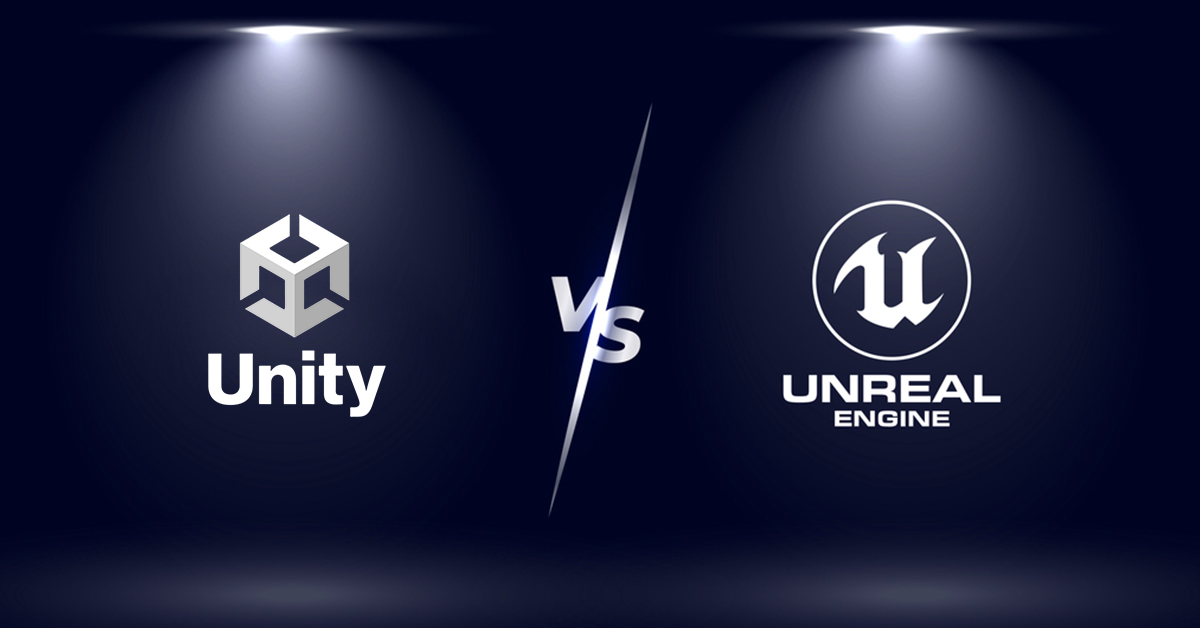
Unity vs Unreal Engine 5: Which is Better?
-

Non-Negotiable Tips for Developing a P2P Lending Platform
-

The 8 Leading Cross-Platform App Development Frameworks You Should Know
-

Step-by-Step Guide: How to Build a dApp on Ethereum with Ease
-
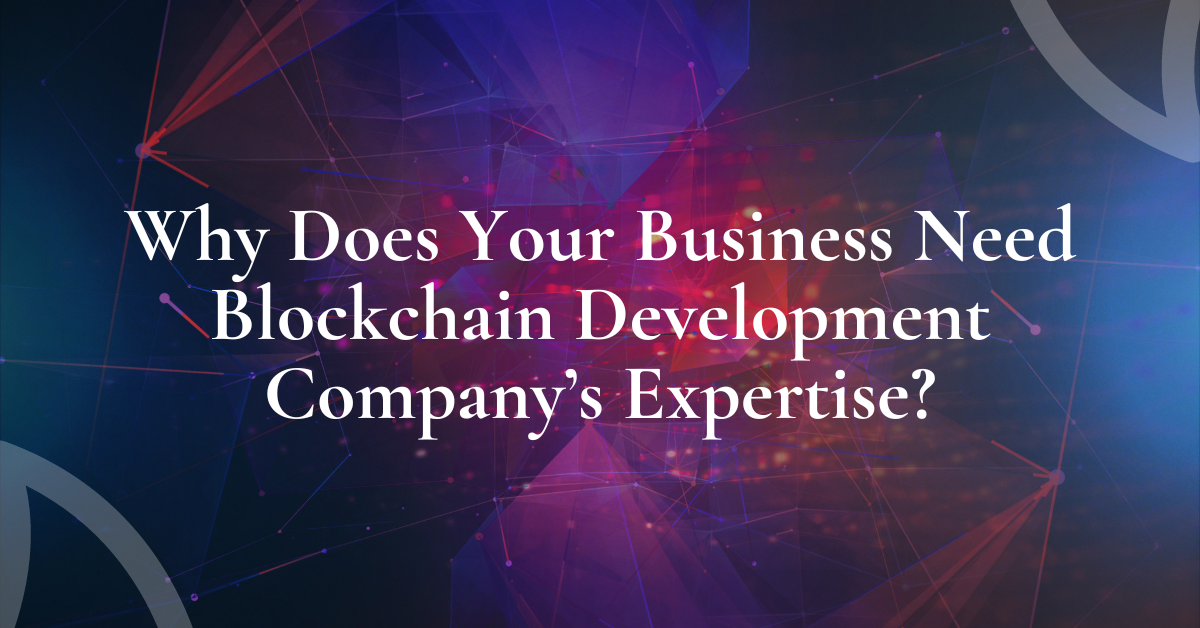
Why Does Your Business Need Blockchain Development Company’s Expertise?
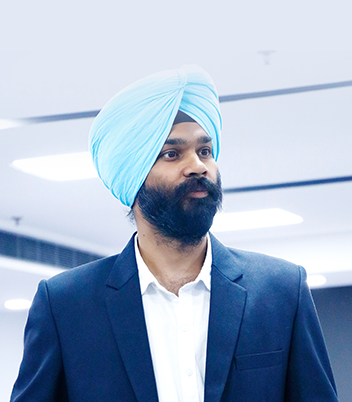
Paramjit Singh
 21st September 2023
21st September 2023